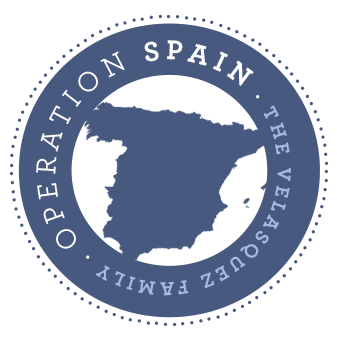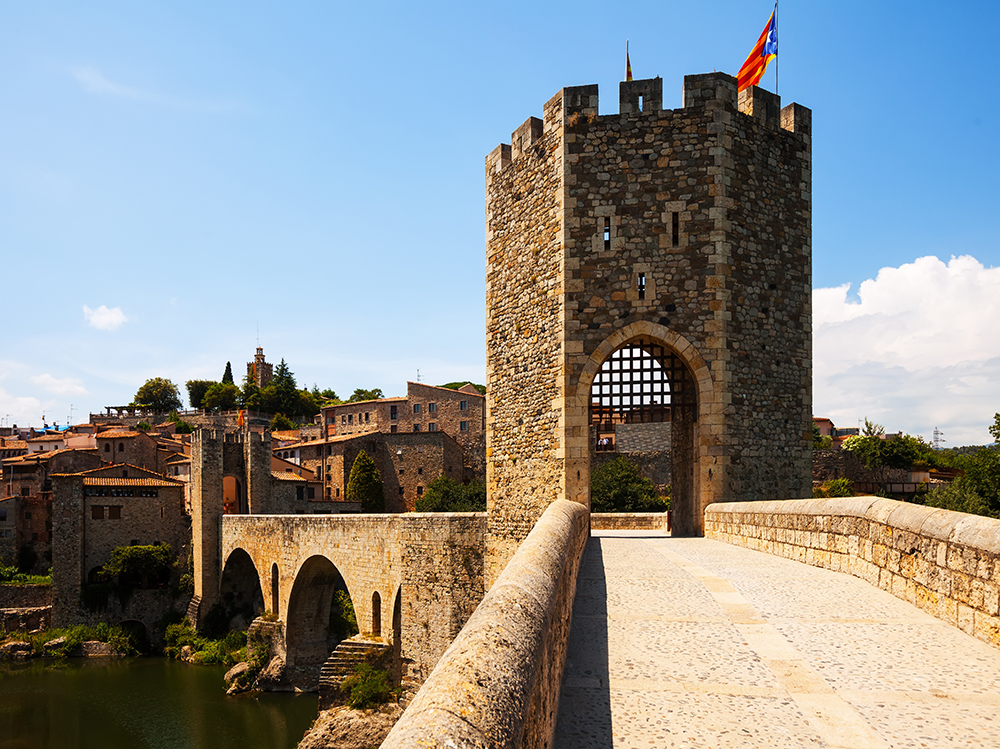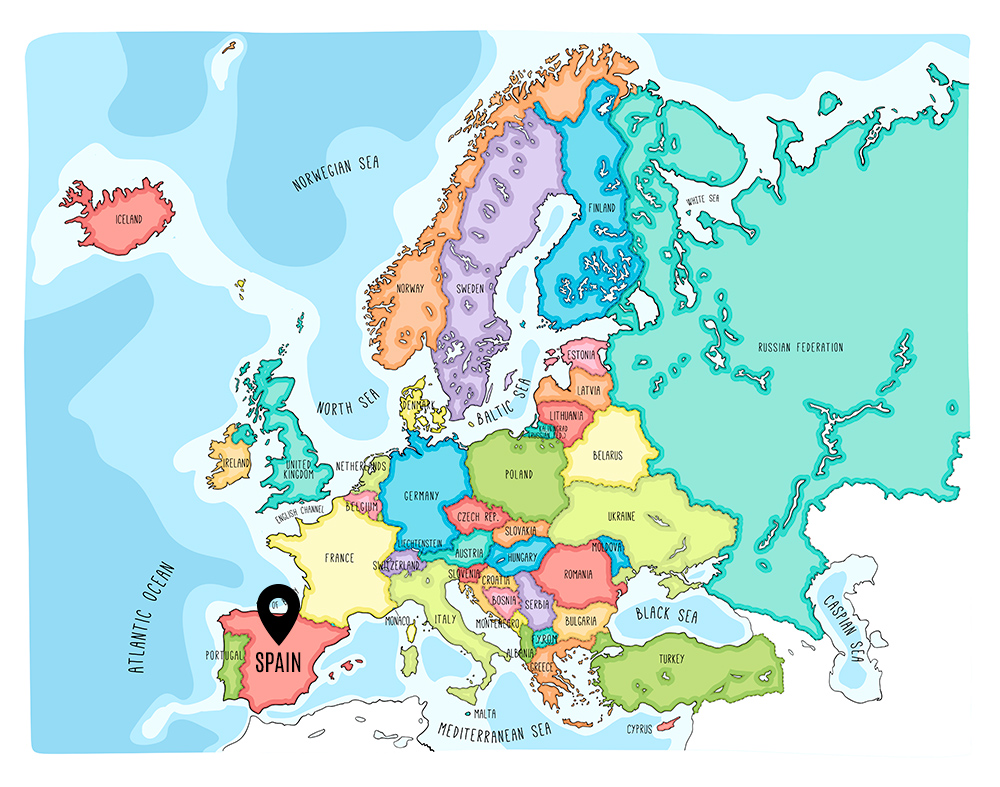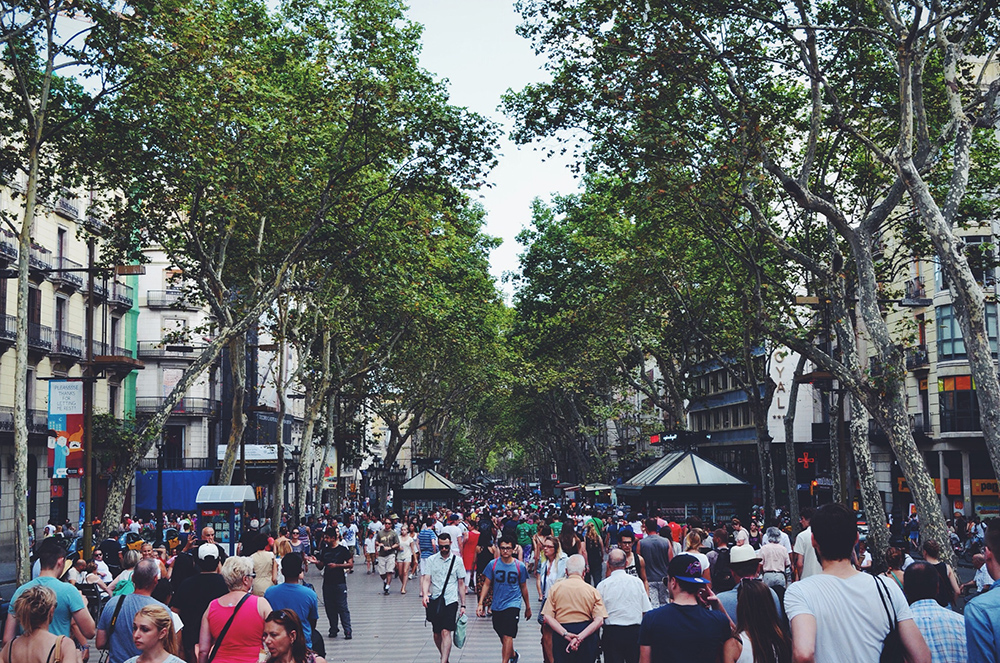Spain has had a turbulent history. While empires have conquered it, it has also conquered. Furthermore, while other countries around the world have influenced this country, Spain has also deeply impacted the history of Europe and the Americas. Because of its comfortable climate, strong historical and cultural traditions and affordable living, Spain has become a popular destination for tourists from Europe, the U.S. and around the world.
Spain has been occupied by waves of various peoples for thousands of years. One of the earliest groups known to call the region home were the Basques, who continue to live in present-day Spain. Other groups entered Spain from North Africa. Romans, German Visigoths and African Muslims soon followed them.






